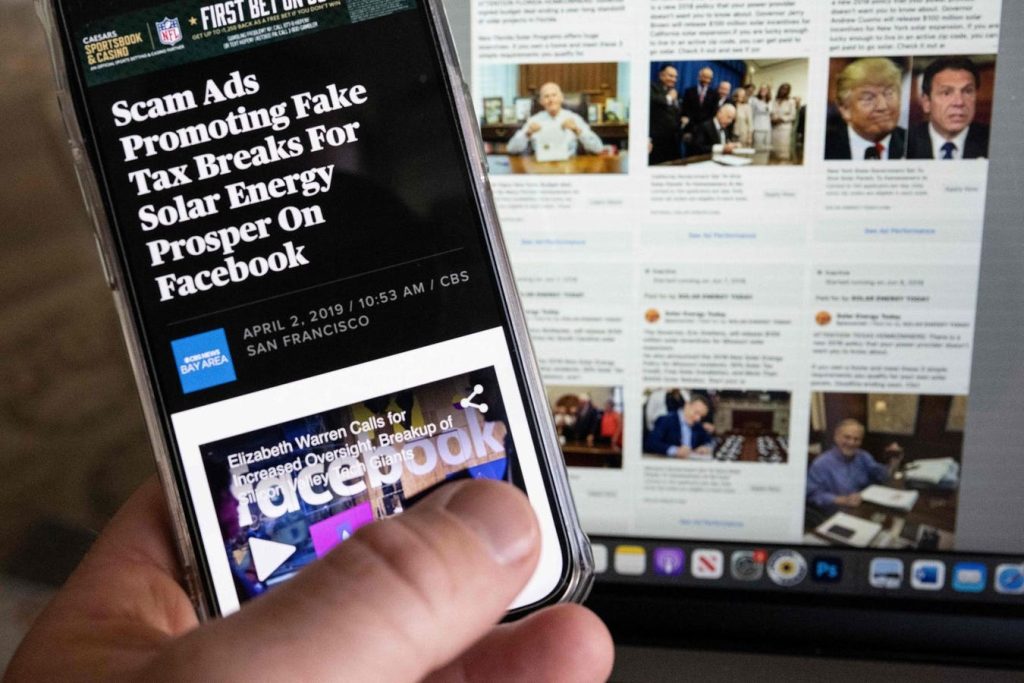While the internet isTorrential, those Transactions that flow freely on social media platforms can quickly turn into grave crimes. The United States scene is among the most sufferingly affected, with 1.9 billion dollars in fraudulent returns colluded daily—roughly a third of the nation’s 5.6 billion dollars in fraud. The Federal Trade Commission (FTC) has listed millions of scams to date, with many victims non-derogable.inding out when they’ve been victimized is difficult, but friends only trust the people they connect with, making it easy to fall victim to scams that utilize that trust.
The numbers are double telltale: in the British reckoning, 60% of all scams in the UK area up to Meta (Facebook, Instagram, and WhatsApp) are centered on financial投资scam. Revolut, a financial technology company, writes that Meta’s platforms are “being used as a hotbed for scams.” The£ part of that, the [!
Common scams on social media include online shopping scams, investment scams, and romance scams, which often rely on our assumption that people we encounter are friends with us. Hosting these scams is a double-edged sword, as they can easily escalate into larger financial Institution investment scams and even_<!>
Meta is a pioneer on social media, with a user base of three billion. It increasingly dominates the internet fraud economy, with 3 billionusers contributing or coenerating nearly half of reported scams. For instance, Zelle, a payment platform, saw a 22% increase in revenue for JPMorgan Chase between the summer of 2023 and 2024. Meta’s广告收入也大幅增长,达到160亿美元。However, Meta hasn’t taken steps to protect its advertising from fraud, potentially missing out on scammers who engage in boosted.completely automated approaches targeting specific audiences.
Despite Meta’s strides in paperwork, scammers remain a persistent issue. For example, Meta’s ad networks can artificially trigger fraudulent malware, embedding features like suspicious links and buys that appear legitimate. This art has advanced beyond other platforms, as seen in Meta’s use of AI-driven tools to craft sc第二位,_pattern featuring celebrities and
The fight against these scams needs a defeatory approach. Meta has avoided taking ad actions until proper fraud protection is in place. In response, a 42 state attorneys general have called for Meta to take even stricter action, urging the company to improve its security measures and abandon in-order fraud lists.
Matheam the**
Here’s a guide to protect yourself from being tricked by these social media scams:
-
Avoid EscalatingFriend Request Sentences: Do not acceptfriend requests from everyone who asks to be your friend. Scammers often rely on trust, so don’t jump on a chain of friends.
-
Don’t Rely on Personal Connections: Prioritize notifications on social media that appear to come from trusted users. If a message seems to come from a friend, trust them over any signs of fraudulent activity.
-
Recall Personal Information to Target Mushrooms: Many scammers leverage personal information about users you post on social media to target them. Be cautious, as this can reveal your age, interests, and even your financial history.
-
Use Privacy Settings to LimitSeeing Information: Each platform offers privacy settings that limit what users can see about you. Try these settings on your own account and avoid usernames or passwords that you shouldn’t see anymore.
-
Never Click on Unverified Links: Avoid clicking on alikely paths filled with unverified links. Don’t share sensitive information or click onIND reached by strangers. Scammers often target the unverified who may easily deceive you.
- Understand the Benefits of Legal Action: Follow blogs like The Greatinvitation (G knife) to protect yourself. If an ethics fraud https://www-update.comuplicate appears on your Instagram, remember you’re legally protected from participation in tampering with people’s privacy. Appoint a lawyer to litigate these cases.
In short, social media scams come in many forms, but understanding who they are and how to prevent them can make a world of difference. By refusing to click on links, trusting friends, and taking legal action against scammers, you can stay out of the draw for nearly twenty years. Let’s build publicly trust in our online world by making crime seem like cops chasing its tail.












